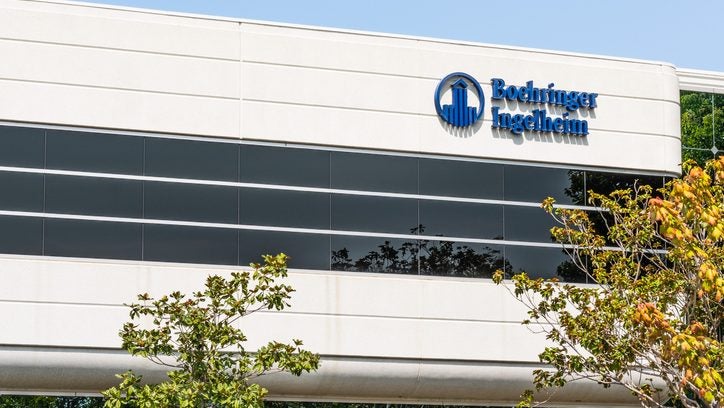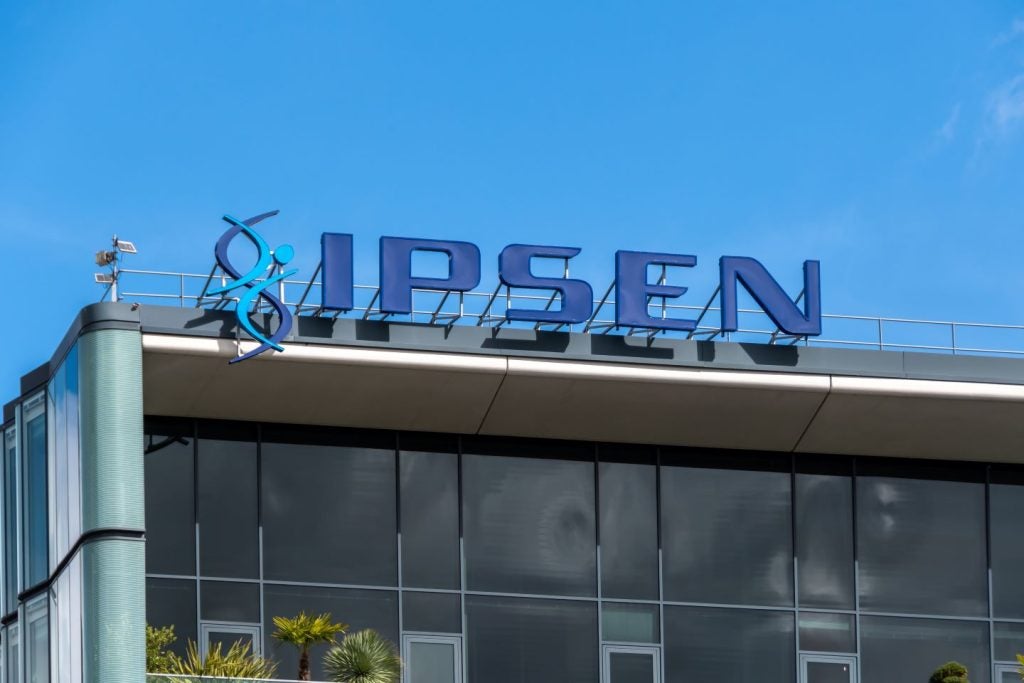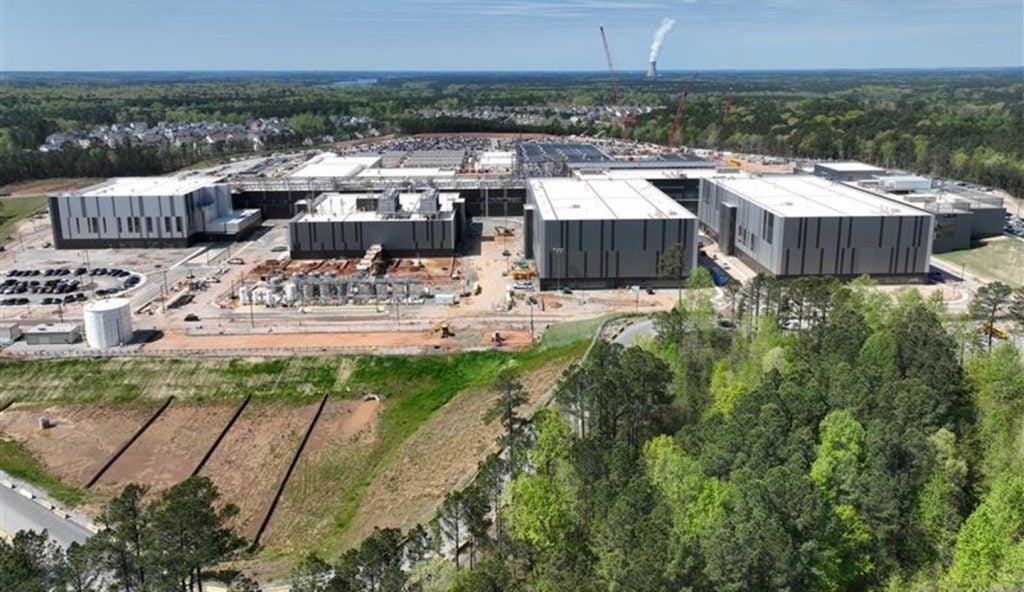Boehringer Ingelheim has signed a €500m ($572m) agreement with UK-based biotech Tessellate Bio to co-develop targeted cancer therapies for tumours that rely on the alternative lengthening of telomeres (ALT) mechanism – a lesser-known telomere maintenance process that supports the survival of certain hard to treat cancers.
Under the terms of the deal, Tessellate Bio will receive an upfront licensing fee, research funding, and technical milestone payments, along with additional success-based development and commercial milestones. The total potential value of the agreement is more than $572m.
Tessellate has developed small molecule inhibitors against an undisclosed target that plays a central role in enabling the replication and survival of ALT-positive cancer cells. According to the company, preclinical data shows that blocking this target leads to DNA damage and replication stress, selectively killing tumour cells dependent on the ALT mechanism while sparing healthy cells that do not use this pathway.
The collaboration builds on Tessellate’s ongoing work to characterise ALT activity across tumour types, following a research initiative launched in September 2024 with Australian research institutes CMRI and Omico. Tessellate secured €8m in seed funding from BioGeneration Ventures and Forbion when it launched publicly in October 2023. This deal with Boehringer marks Tessellate’s first partnership with a biopharma company.
For Boehringer, this deal aligns with its strategic expansion in oncology. Over the last few years, the German pharma company has pursued a series of R&D and licensing agreements to strengthen its cancer portfolio. In October 2024, it partnered with Circle Pharma to co-develop a first-in-class cyclin inhibitor, in a deal worth up to $607m in upfront and milestone payments. That same month, it opened a €60m ($66.8m) research building in Vienna, Austria, focused on advancing novel cancer therapies.
Boehringer’s marketed oncology products include Giotrif (afatinib) for EGFR-mutated non-small cell lung cancer (NSCLC) and Vargatef (nintedanib) for specific types of lung cancer. The company is also advancing zongertinib, a tyrosine kinase inhibitor being evaluated as a potential treatment for HER2-mutated NSCLC.
In January 2025, Boehringer signed two further licensing agreements to deepen its pipeline. The first, with Synaffix, grants access to the company’s antibody-drug conjugate (ADC) platform in a deal worth up to $1.3bn, covering multiple undisclosed targets. The second was an extension of a long-standing partnership with Oxford BioTherapeutics, under which Boehringer exercised an option for a fourth novel target. Oxford BioTherapeutics will receive development milestones and royalties, while Boehringer takes over full development and commercial responsibilities.
Paragraph 6 has been updated to remove reference to brigimadlin, which is no longer in a pivotal trial.














